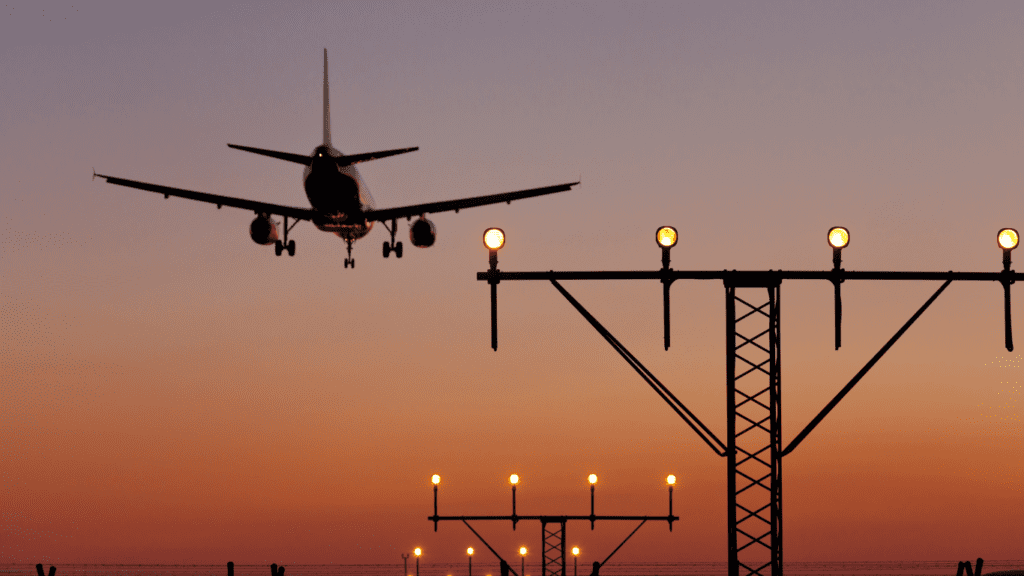How to select Engineers who thrive in the Field
This article focuses on how to select engineers for field engineering and field based teams.


How to succeed at selecting and recruiting field based engineers
What separates someone who can work alone out in the field on site, and someone who works in an office-based environment.
Travel requirements have changed because of Covid, oil prices, and remote support technologies. However, all industries where equipment can only be serviced and repaired onsite will always need field engineers who travel to support that equipment in the field. All team leaders have to spend a lot of their time focusing on how to select engineers,
The challenges
Hiring field engineers whether experienced, newly qualified, or moving from another type of role has two main challenges:
To find a good fit in terms of soft and hard skills;
Hiring the person who will be happy in the field.
Good fit in terms of hard and soft skills
In some ways this is the easier of the two challenges. The requirements will differ from industry to industry and from country to country. However, most engineers agree that the type of engineer who works well in the field has this profile added to their technical skillset:
Excellent communication and listening skills
Strong problem-solving ability
Technical way of thinking and detailed oriented
Well organised and able to focus on time management even when multi-tasking
Interest in technology and keen to keep up with current trends and to keep learning
Calm and methodical even when under pressure
Industry specific and health and safety knowledge
Hiring the person who will be happy in the field


A happy field engineer will stay in the job and do it well. Someone who enjoys the job will probably encourage others within the team, or indeed help with attracting new members to the team.
When hiring how can you decide who will flourish? How can you educate them before they accept the role about the ups and the downs of life in the field?
Travel


The first thing to consider is travel. Is it going to be:
Domestic
Short haul
Long haul
If it is long haul, the issues of travelling multiply. However, there are some benefits. Domestic travelling doesn’t have as many obvious downsides but can be arduous and lonely.
If it is international, what are the other issues to consider?
Extreme weather
Security and safety
Travel time is much longer because of border controls etc
Language barrier
Less freedom because of any of the above
Different time zone to friends and family back home so more difficult to keep in touch
Ten things to look for to select the perfect field engineer
During the interview process these are the traits to look for:
Is strong, independent, content in their own company, and happy in their own self
Has discussed the travel involved with their family (if applicable), feels they have the support of their partner/family when they are away from home, is the sort of person who is very organised and will make sure everything is done at home before a trip, and that their partner can cope with anything unforeseen in their absence
Is the sort of person who is very organised and will make sure everything is done at home before a trip
Able to focus on the small things and live in the moment
Interested in people and places so that it balances any downside related to the travel
Open to and excited by differences
Clear understanding that the travel will not be like it is when on holiday but will see travel as a wonderful chance
Someone who will take the challenges as a chance to grow both professionally and personally
Be happy to obey the laws and customs of the places they travel to, and who will socialise responsibly
Ten tips for supporting your existing field based team
One way to ease the recruitment burden is to support the engineers you have already selected.
Here are ten tips to support your team of engineers.
Make sure they have someone to support them if needed.
Keep the contact going when they are in the field so that they still feel part of the team.
Remember to ask how their family are coping with their travel (In some countries you may not be legally permitted to ask staff members about personal circumstances like this).
Have regular meetings to see how things are (people may talk more freely face to face than when answering a message).
Organise the travel to be as efficient as possible.
If travel is disjointed or urgent – make sure it is noticed and appreciated.
Make sure the travel budget is not too restrictive. The cheapest hotel and the cheapest meal may not create the best performance the next day.
If your engineer is going to be restricted to being in hotel or on site only, see if it is possible to find a hotel with a pool or gym.
Before they travel, see if there is anyone with local knowledge and tips to make the trip better.
Find a way to use the experience they are gaining to enrich the rest of the team or other parts of the organisation.


From your own experience of travelling in the field, managing field teams, or recruiting field engineers what are your thoughts?
Further reading on how to select engineers
Building, leading and recruiting excellent teams of field engineers


Responses